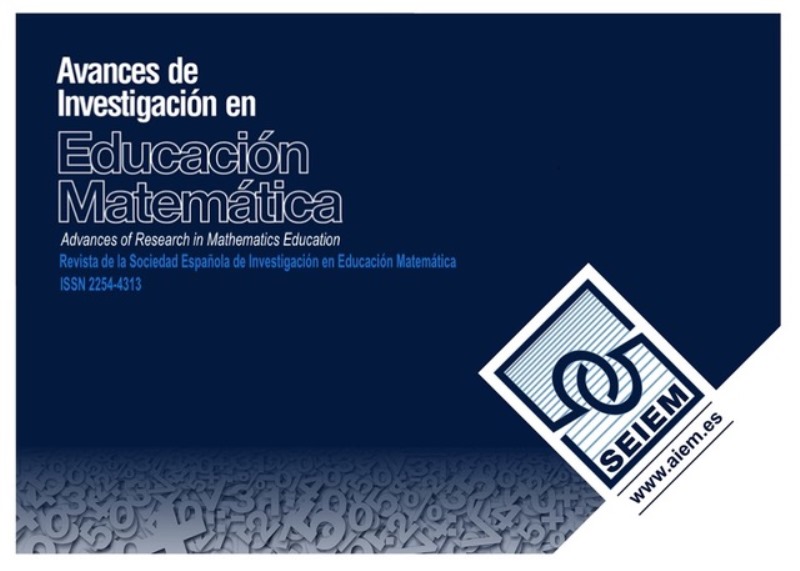Moving beyond descriptive models
Research issues for design and implementation
DOI:
https://doi.org/10.35763/aiem.v0i17.307Keywords:
Explanatory models, model development sequences, task design, teaching modelingAbstract
In this paper, we draw on a models and modeling perspective to describe the design of a sequence of tasks, known as a model development sequence, that has been used to research the teaching and learning of mathematics. A central research goal of a models and modeling perspective is the development of principles for the design of sequences of modeling tasks and for the teaching of such sequences. We extend our earlier research by elaborating how a model development sequence can be used to support students in developing models that are not only descriptive but also have explanatory power when connected to existing mathematical models. In so doing, we elaborate language issues about representations and context as well as the implementation strategies used by the teacher.
Downloads
Downloads
Published
How to Cite
Issue
Section
License
The articles published in this journal are under a license Creative Commons: By 4.0 España from number 21 (2022).
Authors who publish with this journal agree to the following terms:
- Authors retain copyright and keep the acknowledgement of authorship.
- The texts published in this journal are – unless indicated otherwise – covered by the Creative Commons Attribution 4.0 international licence. You may copy, distribute, transmit and adapt the work, provided you attribute it (authorship, journal name, publisher) in the manner specified by the author(s) or licensor(s). The full text of the licence can be consulted here: http://creativecommons.org/licenses/by-nc/4.0.
- Authors are able to enter into separate, additional contractual arrangements for the non-exclusive distribution of the journal's published version of the work (e.g., post it to an institutional repository or publish it in a book), with an acknowledgement of its initial publication in this journal.
- Authors are permitted and encouraged to post their work online (e.g., in institutional repositories or on their website) prior to and during the submission process, as it can lead to productive exchanges, as well as earlier and greater citation of published work (See The Effect of Open Access).









